Government engaged in collecting critical minerals required for modern industries know the future plan
The Government of India has started pursuing the policy of becoming self-reliant in cutting-edge technology-based industries ranging from electric vehicles to solar energy and semiconductors. Regarding this, the Mining Ministry has called a big meeting on Tuesday with foreign ambassadors and industry representatives based in New Delhi. Let us know about the complete news.
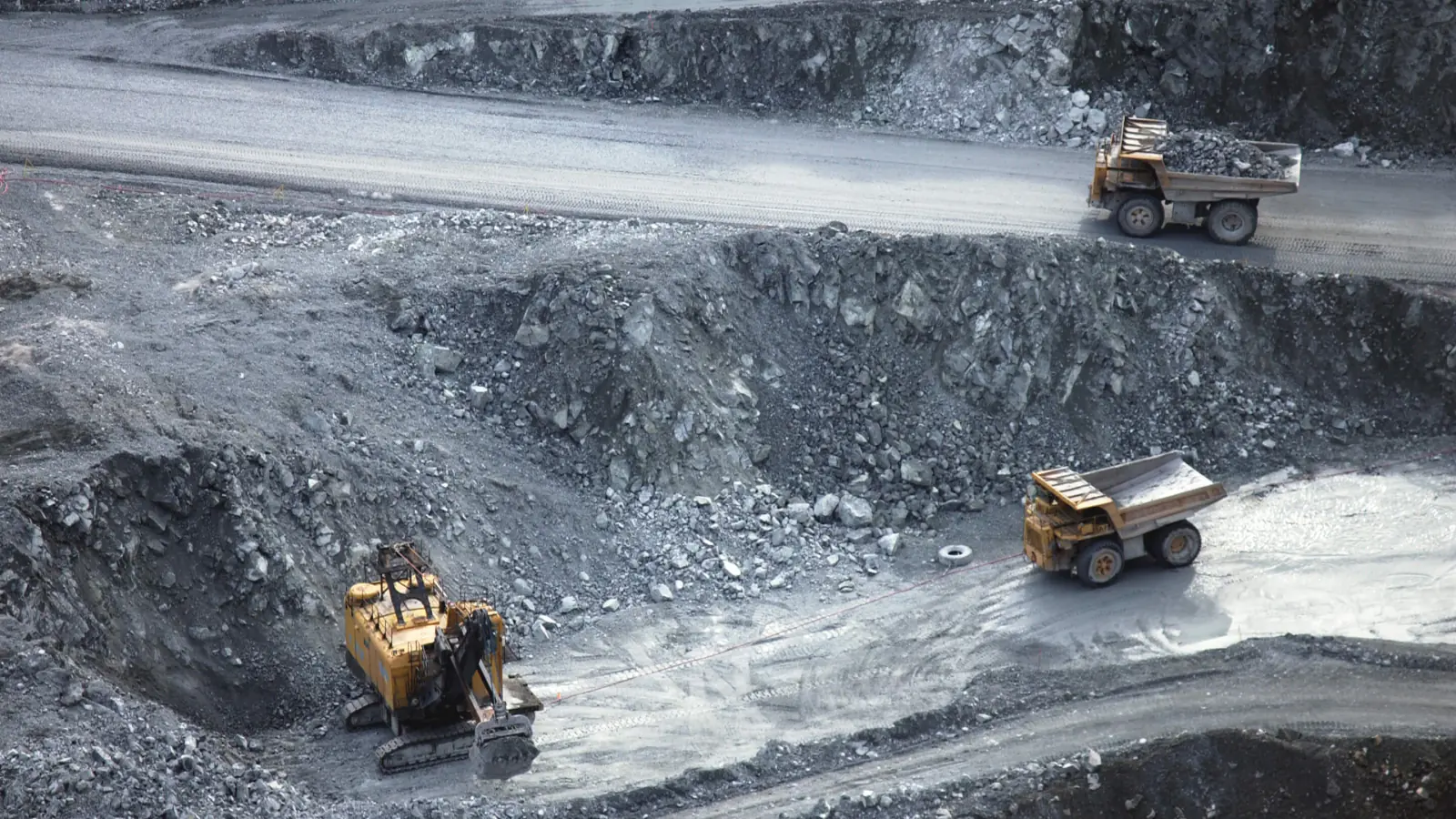
The Government of India has started pursuing the policy of becoming self-reliant in cutting-edge technology-based industries ranging from electric vehicles to solar energy and semiconductors. The most important thing in this work will be to ensure the availability of more than two dozen minerals like critical mines i.e. lithium, cobalt, titanium, cobalt, and graphite. Since these minerals are currently being excavated in foreign countries, the role of foreign governments will be important.
In this sequence, on one hand, talks are being held with foreign governments at the level of Prime Minister, Foreign Minister, and Industry and Commerce Minister, while on the other hand, the Mining Ministry is also going to make a domestic critical mineral policy. On Tuesday, the Mining Ministry called a big meeting with foreign ambassadors and industry representatives based in New Delhi.
According to government sources, the success of the ambitious policies made by the Government of India in the field of renewable energy, manufacturing in the communication sector, and electric vehicles will largely depend on the supply of critical minerals required for these industries. How much can we ensure?
Apple has started manufacturing mobile phones in India, but many of its devices still come ready-made from China. It will start being fully built in India only when the required critical mines start being available domestically. Similarly, a target has been set to install 4.50 lakh MW of renewable energy capacity in India by the year 2030.
For this, manufacturing of solar panels in the country is being promoted but this work will be done only when there is provision of critical mines like arsenic, germanium, gallium, indium, tellurium, cadmium, silicon. Similar requirements will be required in the manufacturing of electric vehicles and also in semiconductor manufacturing.
By amending the Mines and Minerals Act (MMDR) law on August 17, 2023, the Central Government has the right to issue tenders and award contracts for the mining of 24 types of critical mines. The government is also giving financial incentives to companies. The Mining Ministry is busy formulating a National Critical Mines Policy which will further clarify the situation regarding domestic supply and import supply in this sector. But the question also arises as to what is the availability of such minerals in India.
The Mining Ministry is also in constant touch with the concerned departments and ministries of other countries. Australia has immense reserves of many such minerals. An agreement has also been signed between India and Australia for this. Australia's Ambassador to India Philip Green recently told Dainik Jagran that the governments of both countries have selected two projects related to lithium and one related to cobalt where we will work together. We want to make India a partner in their mining. These are very important in the manufacturing of electric vehicles. Australia has 60 years of experience in critical mines mining.
He further said that I would tell the Indian industries that there is a huge demand for these minerals and America, Europe, and North Asia are all demanding them. I want Indian companies to get these minerals, but they will have to make fast decisions.
Based on the recommendations of the committee constituted by the Ministry of Minerals in August 2023, the Government of India has declared 30 minerals as critical mines. These are also called strategic minerals. These are antimony, beryllium, bismuth, cobalt, copper, gallium, germanium, graphite, hafnium, indium, lithium, molybdenum, niobium, nickel, PGE, phosphorus, REE, rhenium silicon, strontium, tantalum, tellurium, tin, titanium, vanadium. , Zirconium, Selenium, and Cadmium.
For Latest News update Subscribe to Sangri Today's Broadcast channels on Google News | Telegram | WhatsApp

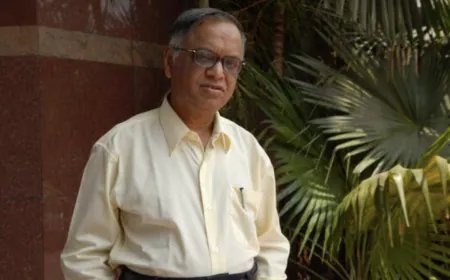
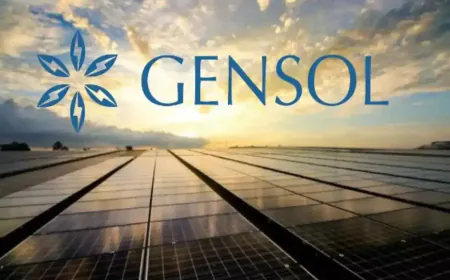


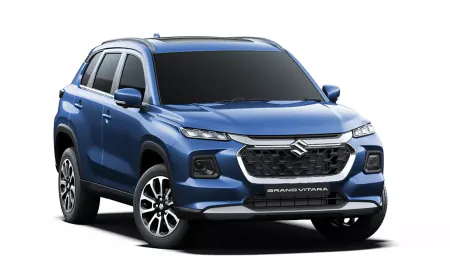

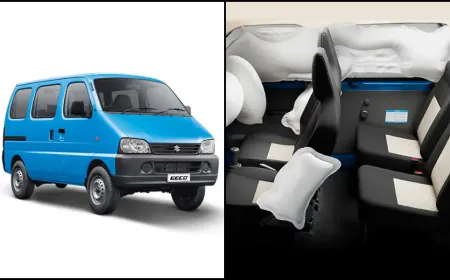





























.jpeg)







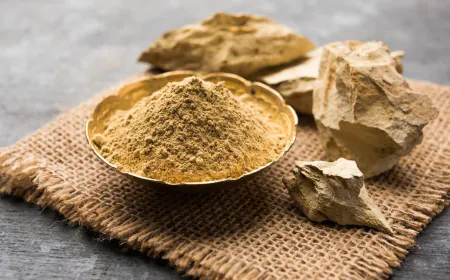

































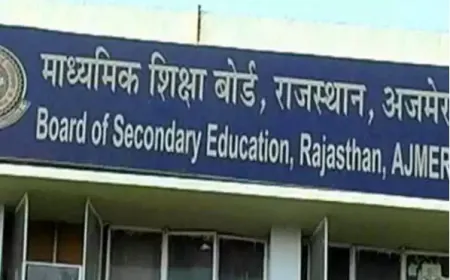





































.jpeg)














